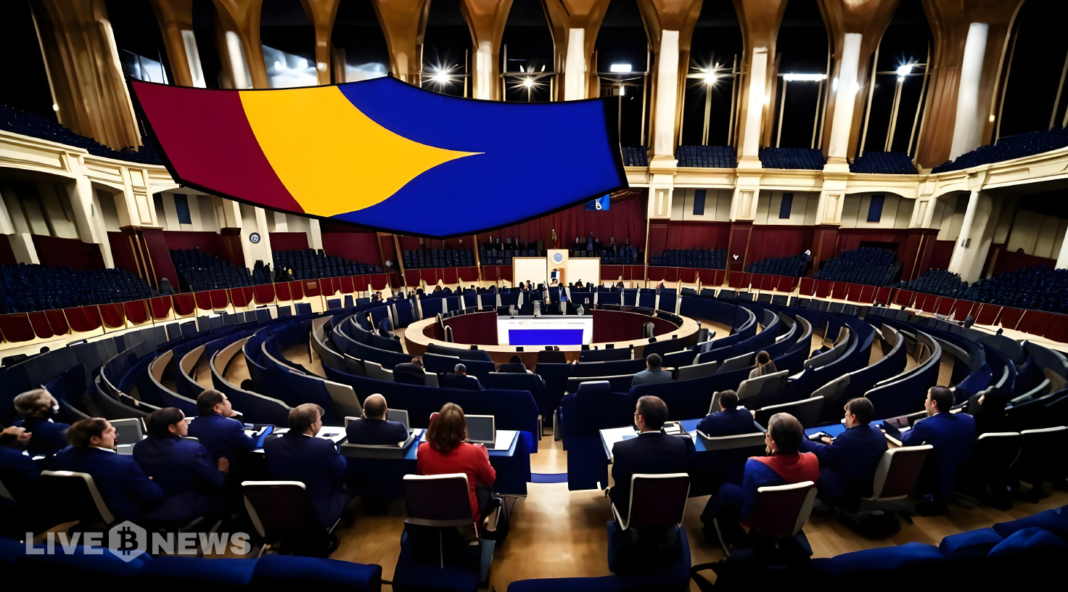Romania uses blockchain for secure, transparent presidential vote counting, setting a precedent for election integrity and global governance.
Romania is taking a significant step forward in election integrity by using blockchain technology for the presidential elections on November 24. The Permanent Electoral Authority (ROAP) is leading the charge, using blockchain to count and validate votes. This move aims to make the electoral process more transparent, secure, and tamper-proof. Currently, Romania is trying to use blockchain features to decrease election fraud and manipulation.
Blockchain is not a new concept in Romania. The country has been on the frontline in the adoption of blockchain in Europe. Romania is currently the most advanced country when it comes to blockchain adoption. It hosts MultiversX, the second most decentralized blockchain place in the world besides Ethereum ($ETH).
This platform is renowned for its expansion and productivity capabilities. For several years, alongside MultiversX, the National Institute for Informatics (ICI) has been working on the development of blockchain-based systems. This effort is setting the stage for the government to apply blockchain technology in the future.
Romania’s National Computer Security Authority (STS) is also participating. Moreover, many other governmental institutions are beginning to embrace blockchain, either joining or fully transitioning to blockchain platforms. This move is part of Romania’s desire for a blockchain-based government.
Romania Paves the Way for Blockchain in Governance and Presidential Vote Counting
Ovidiu Damian, a blockchain developer, welcomed such a shift. He singled out how Romania is applying blockchain to safeguard the elections. On social media platforms, he described it as a big accomplishment. He also pointed out that this is only the start of a bigger blockchain phase in Romania.
However, Romania is not free from problems associated with the implementation of blockchain technology. It is also possible that some institutions will not wish to change from using their current systems and frameworks. As a result, the implementation of blockchain implies the need for investments in infrastructure, including hardware and software, and human capital to support its functions.
However, the signs are that more organizations are adopting solutions based on blockchain technology. This has already begun with startups and companies designing blockchain solutions to support the change.
Romania’s efforts to incorporate blockchain in elections are a good precedent for other countries. They give a good example of how transparency and corruption can be reduced through the use of blockchain. This may be a relative improvement and help result in a fairer election. As blockchain technology evolves, it could revolutionize governance and other sectors, paving the way for a more secure, accountable future.



